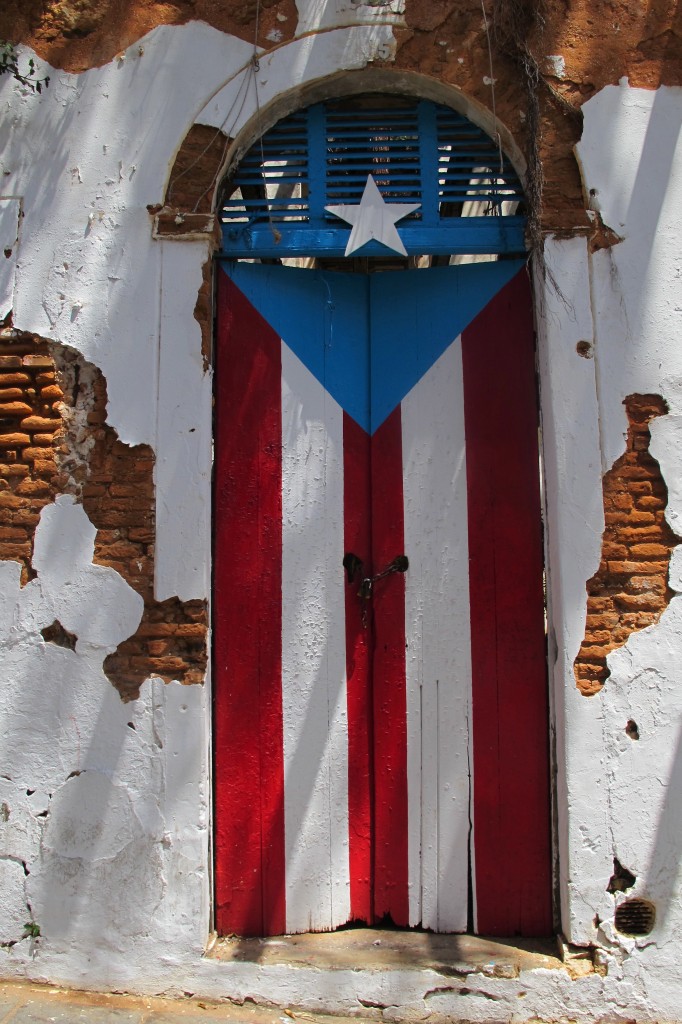Puerto Rican Spanish: Grammatically Correct, Yet Oh-So-Wrong
If you study Spanish long enough, you will get exposed to Spanish from countries all around the world. I remember taking a high-level Spanish literature class in college with several native speakers. There were students from Venezuela, Puerto Rico, Mexico, Argentina, Perú, Spain, and Ecuador. Every time we got into a heated argument about how to properly translate a phrase, or which word meant what where, or how to pronounce a certain word, the debate would get quite intense. The problem was always the same: every country thinks they speak the best Spanish. There was, however, one exception. One native speaker would get her papers back with twice as much red as any of the non-natives speakers. She always gracefully stepped down from any grammar debate. Can you guess which country she was from?
Yep, Puerto Rico
I admired this woman’s ability to openly admit that Puerto Ricans don’t seem nearly as interested in grammar rules. Surely she could understand Spanish better than any of the non-native speakers, but when it came to cold-cut written grammar, many non-native speakers had her beat.
Pedro and I occasionally share a laugh over the fact that he has a Masters in English, which is my native language, and I have a Bachelors in Spanish, which is his native language. His spoken Spanish beats mine, but I understand the rules of the grammar much better than he does. I may pride myself on my English grammar as well, but, in the end, he could still thoroughly kick my ass in an English grammar debate.
But Puerto Rican Grammar isn’t always as bad as it seems
Pedro occasionally gets mad at me for teasing him too much about Puerto Rican Spanish. Although it is often home-country pride that makes him snap, he’s not always wrong. A textbook may admonish certain words and Google Translate may remain at a loss, but I think “incorrect” can be a bit harsh at times. Perhaps “creative” would be a better term.
Grammatically correct, but oh-so-wrong
To prove my point, I’d like to take a look at 3 different Puerto Rican-isms: Friquear, Janguear, and Soquear.
The spelling may not give their meanings away, but their pronunciations do. Try to say them outloud: Free-kay-ar, Han-gay-ar, and So-kay-ar. Can you guess the meanings yet?
Freak out, hang out, and to suck
Yes, seriously. I’d like to clarify that “soquear” is not to be used as in, “to suck on a straw,” it actually means “to suck” as in “this movie totally sucks.”
Horrible, yes. Incorrect? Not quite
You see, what makes these words more creative than incorrect is that they follow the rules of Spanish grammar.
Friquear is an AR verb. So if I wanted to say “I freaked out” I would just say “Friqueé.” If I wanted to say, “you are freaking out” I would say “Tú estás frequeando.” It’s that simple.
Similarly, “We hang out” would be “Jangueamos” and “That sucks” would be “Eso soquea.”
So who is to say that Puerto Rican Spanish is wrong?
It may hurt me to hear and even begin to use these bastardizations of Spanish and English, but I have to respect that these made-up terms at least follow the rules of grammar!

